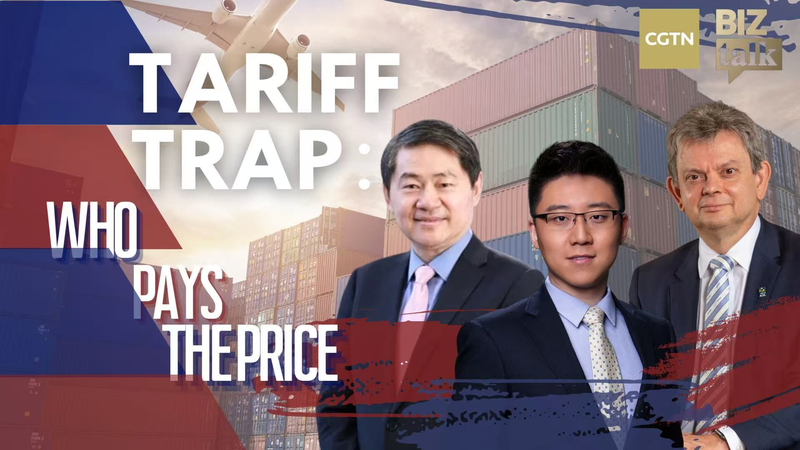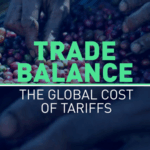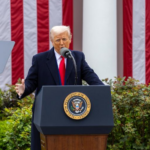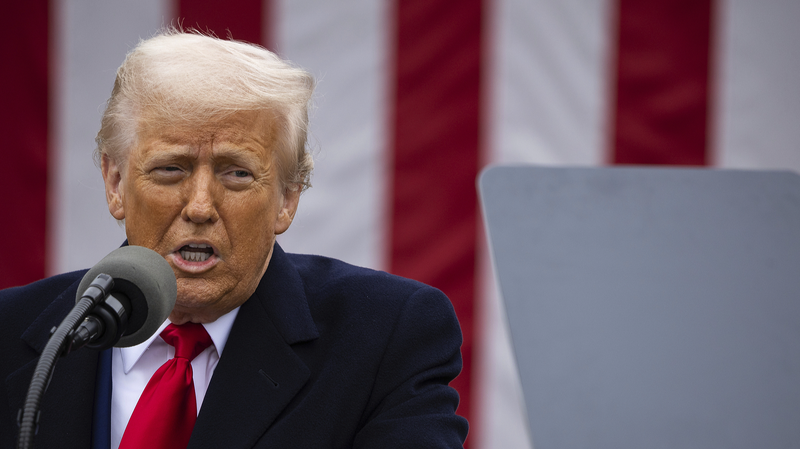In 1893, a man named Clark Stanley captivated crowds at the Chicago World’s Fair by boiling a rattlesnake to sell its fat as a ‘miracle cure.’ His ‘Snake Oil Liniment,’ later exposed as fake, became synonymous with fraud. Fast-forward to today, experts argue that some modern policies—like tariffs—echo this ‘snake oil’ legacy: oversold solutions that may harm more than heal. 🩹💼
Stanley’s rise and fall during America’s Gilded Age mirrors a timeless truth: quick fixes often create bigger problems. His sham product, packed with turpentine and red pepper, cost him just $20 in fines (about $500 today). But the real price? Public trust. Now, critics warn that protectionist trade measures risk similar self-harm, promising economic relief while straining global ties. 🌐⚖️
Tariffs, like snake oil, are rarely cure-alls. Analysts compare them to ‘economic band-aids’ that ignore deeper systemic issues. While designed to shield industries, they can spark trade wars, raise consumer costs, and stifle innovation. Sound familiar? 🔍📉
History doesn’t repeat, but it sure rhymes. Whether it’s 19th-century con artists or 21st-century policy debates, the lesson remains: buyer beware. 🐍✨
Reference(s):
Snake oil and Tariffs: American Nostalgia and the Self-Harm of Tariffs
cgtn.com








